 |
| Chairman of the European Chamber of Commerce in Vietnam (EuroCham) Gabor Fluit. (Photo: Quang Linh) |
Green and sustainable economic development is an inevitable trend in the context of the world facing many crises. Could you share about the green economic development situation of the European Union (EU)?
Growing up in the Netherlands, where sustainability is highly valued, I learned to live an environmentally friendly lifestyle, which creates a healthy and happy community. We learned this from a young age and I am happy to see many European and EU countries adopting it.
The EU aims to become the world's first climate neutral by 2050. To do so, the bloc has pledged to reduce emissions by at least 55% by 2030, compared to 1990 levels. This is a huge reduction and means the EU will have to make major changes to its economy.
To achieve this goal, the EU has set strict rules to reduce emissions in key sectors such as energy, transport and buildings. These rules will be enforced through an updated emissions trading system. The bloc is also investing in natural carbon sinks such as forests and wetlands to help capture carbon dioxide (CO 2 ) from the air.
Meanwhile, the EU has also adopted a car emissions agreement by 2035. To make this change, the bloc has set a target of reducing average emissions from new cars by 55% by 2030. Such a large reduction can only be achieved by pushing society as a whole towards electric vehicles.
For renewable energy, the EU wants at least 42.5% of its energy to come from renewable sources such as solar and wind by 2030. If all goes well, that figure could even reach 45%. This increase will require EU countries to rapidly build more renewable energy plants. The bloc has set strict rules to increase energy efficiency to 11.7% by 2030.
These ambitious targets for renewable energy and efficiency are part of the REPowerEU plan – which aims to diversify the EU’s energy sources, reduce dependence on fossil fuels and accelerate the transition to clean energy.
How do you assess the prospects for green economic development in Vietnam? What lessons can Vietnam learn from Europe?
Vietnam’s path to sustainable green growth is full of potential. However, the country also faces significant challenges, especially as it ramps up its renewable energy capacity.
For example, Vietnam urgently needs to upgrade its power grid to connect existing solar and clean energy projects and support future projects. Neglecting to upgrade could lead to more frequent power outages, disrupting daily life and business operations.
This instability is especially difficult for important high-tech industries that require stable power sources such as semiconductor manufacturing, data centers, information technology services, telecommunications, health care, etc.
Without a stable and robust energy infrastructure, attracting foreign investment in these sectors – which are crucial to Vietnam’s economic growth and technological advancement – will become increasingly difficult.
Europe's role in supporting Vietnam is important, especially in sharing experience and knowledge on renewable energy.
Such cooperation could help Vietnam avoid the challenges Europe has faced in the past and achieve its renewable energy goals quickly and safely. Furthermore, technology transfer could help Vietnam quickly adopt innovations such as electric vehicles, battery storage and smart cities. Collaborative financing solutions could also help the Southeast Asian country ease the financial burden of the energy transition.
| Vietnam is attracting a lot of foreign investment in renewable energy, green technology, electric vehicles, energy storage and sustainable agriculture. Some big European companies have invested in Vietnam such as Lego Group which is building a $1 billion solar and biomass plant in Binh Duong . |
EuroCham and our Green Growth Sector Committee have extensive expertise and experience in developing Europe's green industries. We will share this knowledge with Vietnam. This is our most important task.
To achieve this goal, EuroCham organized the Green Economy Forum (GEF) in Hanoi in November 2023. We will do the same with GEFE in the South in November 2024.
In addition, our 15th annual White Paper will provide useful insights into green growth. EuroCham will launch the book in Hanoi on 16 January 2024, along with a dialogue event with the government.
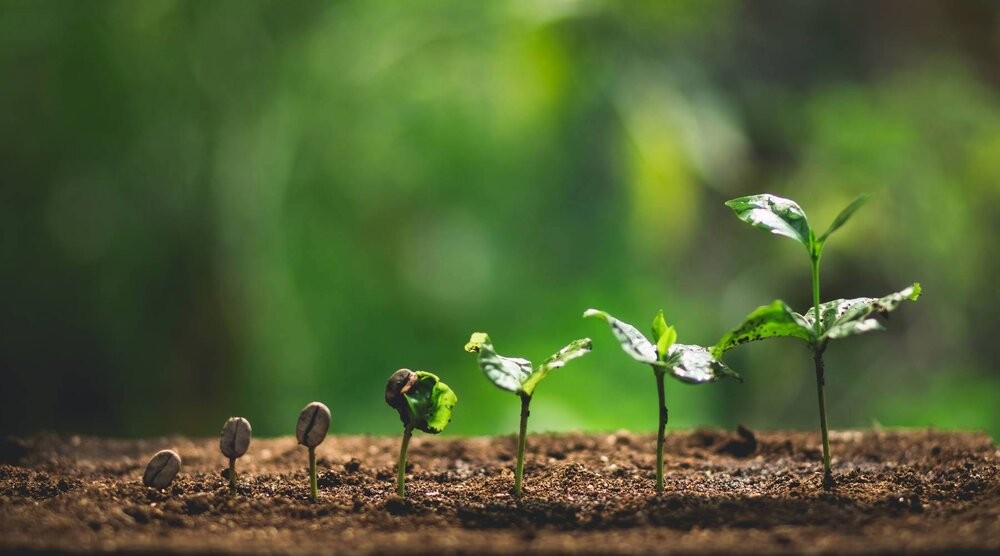 |
| Vietnam is attracting more foreign investment in renewable energy, green technology, electric vehicles, energy storage and sustainable agriculture. (Source: Finance Magazine) |
How do you evaluate the opportunity to attract foreign direct investment (FDI) for green economic development in Vietnam?
Vietnam is becoming more attractive to foreign investors, especially investments that support sustainable development goals.
A survey of EuroCham members showed that 63% of them ranked Vietnam among their top 10 investment destinations. 31% ranked Vietnam among their top three investment targets. This shows that the country has strong green growth potential and this number will continue to increase if Vietnam proactively promotes its strengths.
The Southeast Asian country is attracting a lot of foreign investment in renewable energy, green technology, electric vehicles, energy storage and sustainable agriculture. Some major European companies have invested in Vietnam such as Lego Group, which is building a $1 billion solar and biomass plant in Binh Duong.
Green investment on this scale shows the world that Vietnam is open to business. This helps the country build a more developed ecosystem for supporting industries, making it easier to attract high-quality FDI over time.
At the same time, Vietnam’s expanding middle class and growing consumer awareness of sustainability are driving demand for green products and services, creating huge opportunities for foreign investors looking to capitalize on the green consumption trend.
While Vietnam has made great strides in improving its infrastructure and business environment, now is absolutely not the time to be complacent.
Efforts to boost logistics, energy grids and digital connectivity have often lagged behind. Governments are pushing to allocate more funds to critical infrastructure projects, but the urgency to accelerate capacity growth is also paramount.
Given the right conditions, specific sectors such as wind energy, solar energy, electric vehicles and climate-resilient infrastructure are likely to see a significant increase in foreign investment. European interest in these sectors is already significant but still awaits a regulatory environment capable of kick-starting and sustaining growth.
According to you, what should Vietnam do to attract high-quality FDI into green economic development?
Sustainability is becoming increasingly important to European companies operating in Vietnam. According to the EuroCham Business Confidence Index, eight out of 10 members consider it a top priority.
There is still a gap between these priorities, mainly due to issues such as unclear regulations, inadequate infrastructure or insufficient government support. If Vietnam wants to continue to attract foreign investment in sustainable development, these are issues that need to be addressed.
While European regulations such as the Carbon Border Adjustment Mechanism (CBAM) and the EU Deforestation Free Regulation (EUDR) will address serious environmental concerns, it is important to highlight that Vietnam has the opportunity to adopt these global standards as part of its commitment to sustainability and competitiveness.
By adopting reports, information and audited supply chains, Vietnam can make significant progress within its environmental policy framework, demonstrate its environmental achievements and position itself favourably in the EU and global markets.
| Vietnam has also made significant progress in renewable energy, such as solar and wind power. However, the country needs to expand its renewable energy capacity as its growing economy demands more energy. |
EuroCham is well aware that complying with these regulations is costly and difficult. To help Vietnam, EuroCham has been focusing on enhancing the capacity of businesses in the relevant sectors. We are increasing training and equipping businesses with the necessary skills.
The Association also actively works with the Ministry of Foreign Affairs to support companies in all parts of Vietnam, providing them with the tools and knowledge needed to comply with these rules quickly and thoroughly.
Vietnam has made significant progress in renewable energy such as solar and wind power in recent years. However, the country needs to expand its capacity as its growing economy demands more energy. This highlights the need to accelerate the development of renewable energy sources and improve distribution across Vietnam to ensure everyone has access to electricity, regardless of the weather.
Policies and incentives to encourage investment in renewable energy projects will be important. Governments can focus on workforce training to equip people with the skills needed for this expanding sector.
To develop in this direction, Vietnam should prioritize transparent, equitable, efficient methods and increase the use of renewable energy such as solar, small hydropower, wind power and offshore wind.
Vietnam could establish a well-structured plan to decide who can undertake these energy projects. For example, there should be an organization responsible for handling permits and approvals for renewable energy projects.
Thank you!
Source











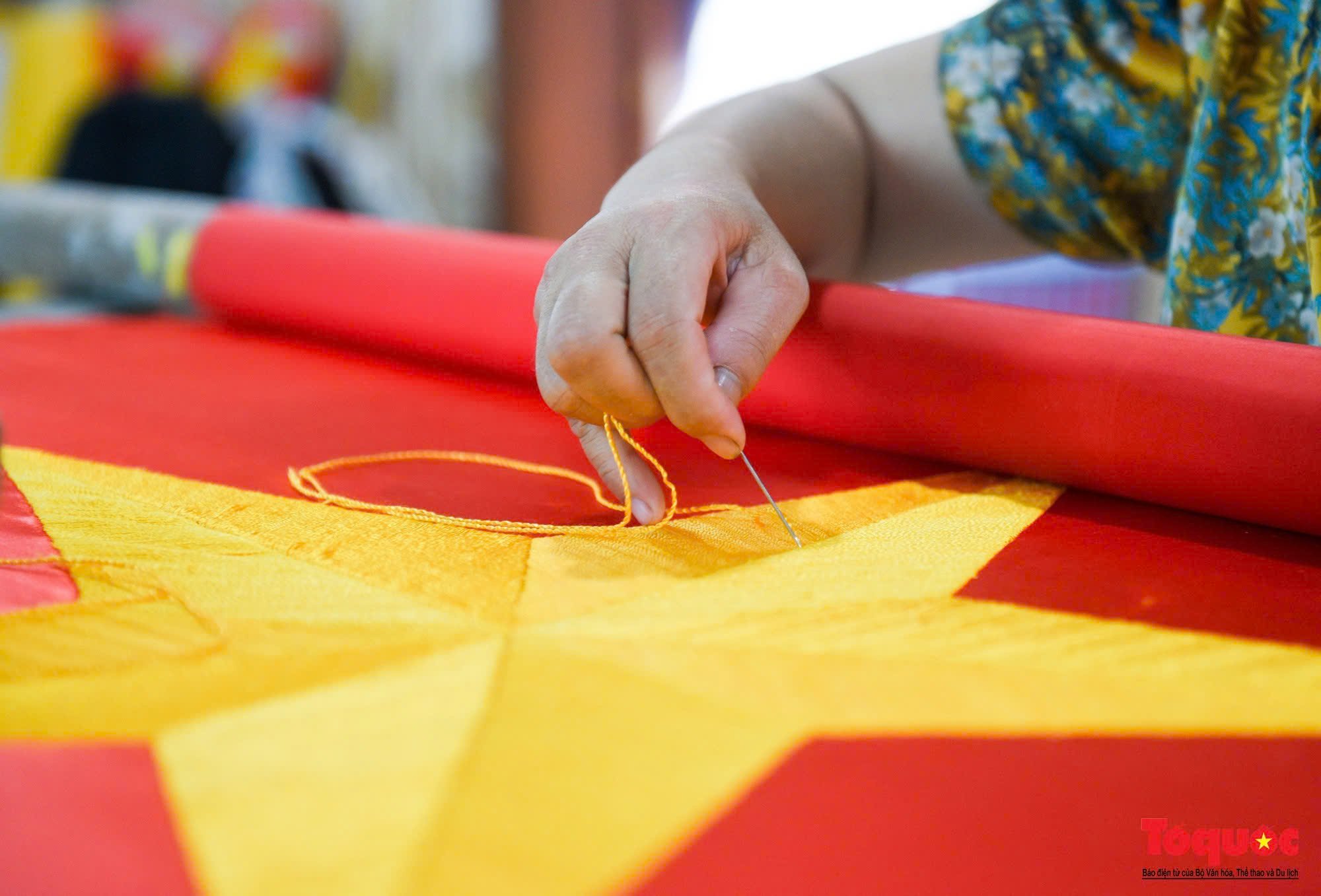

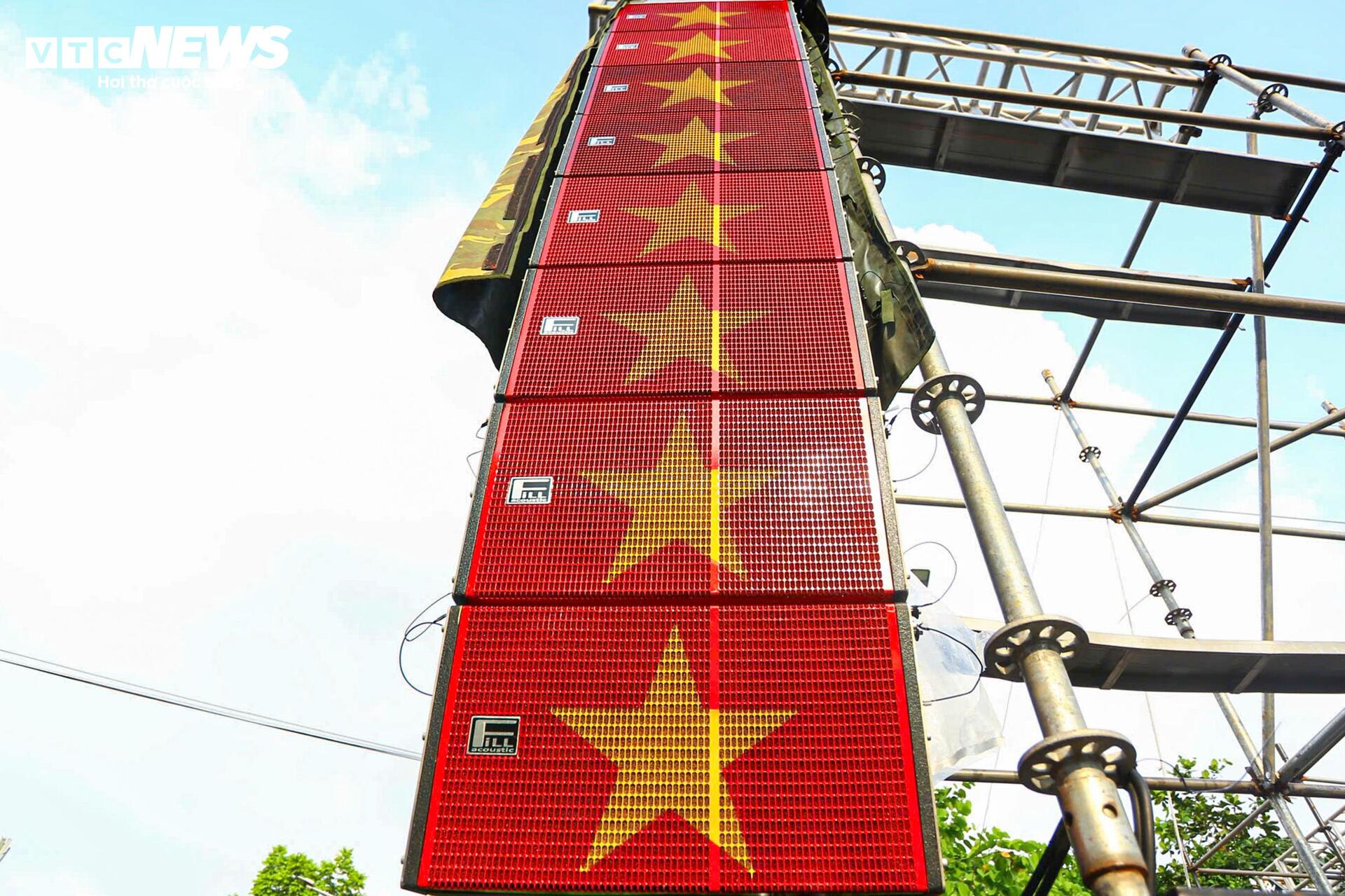
















































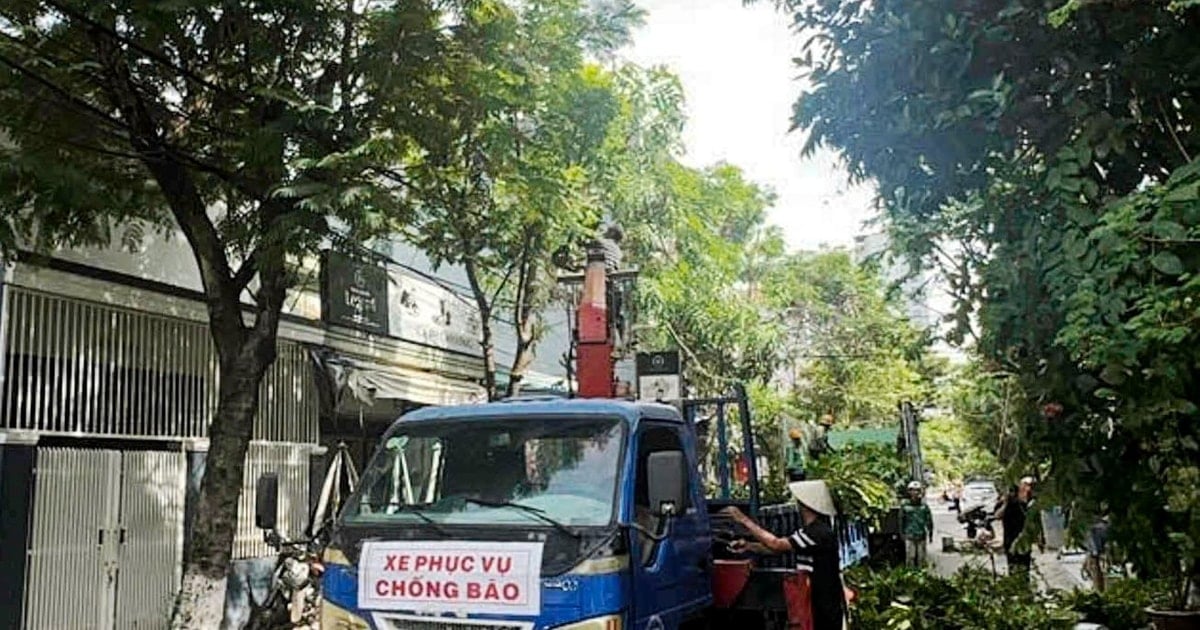

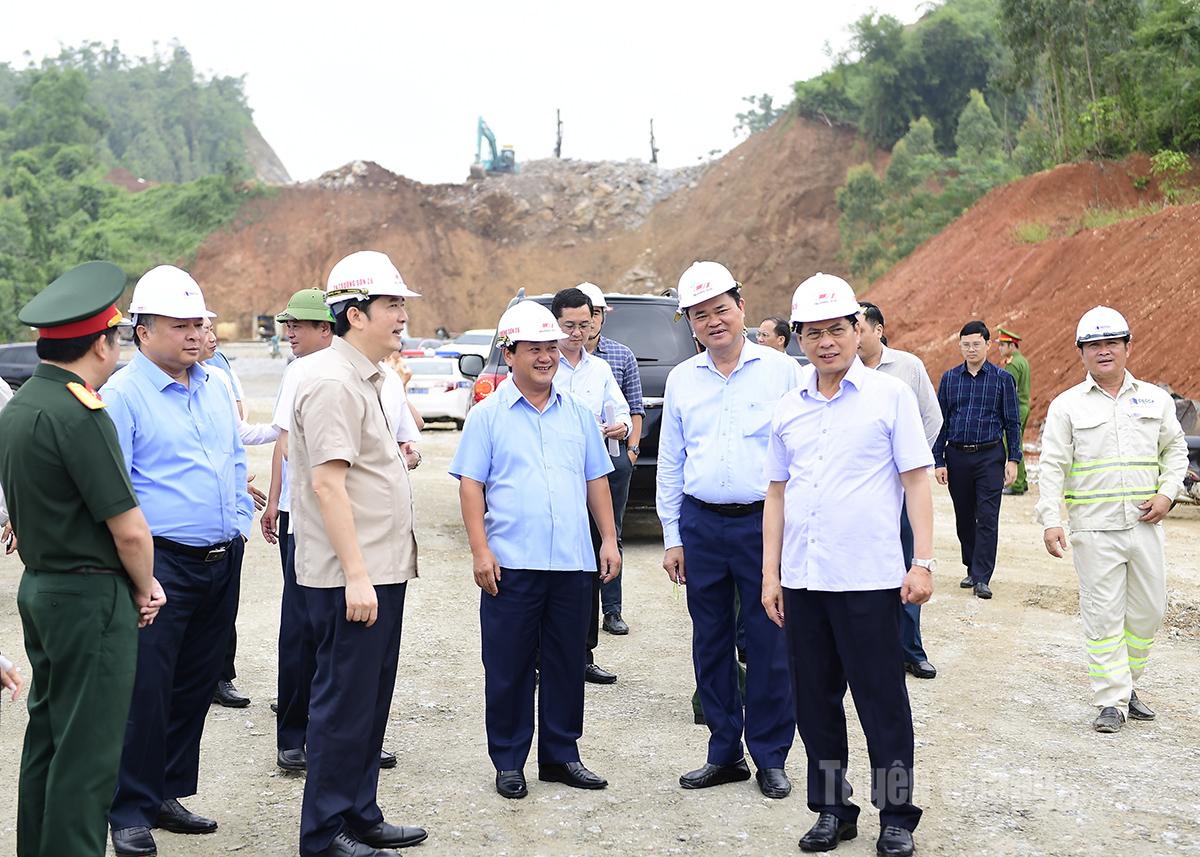

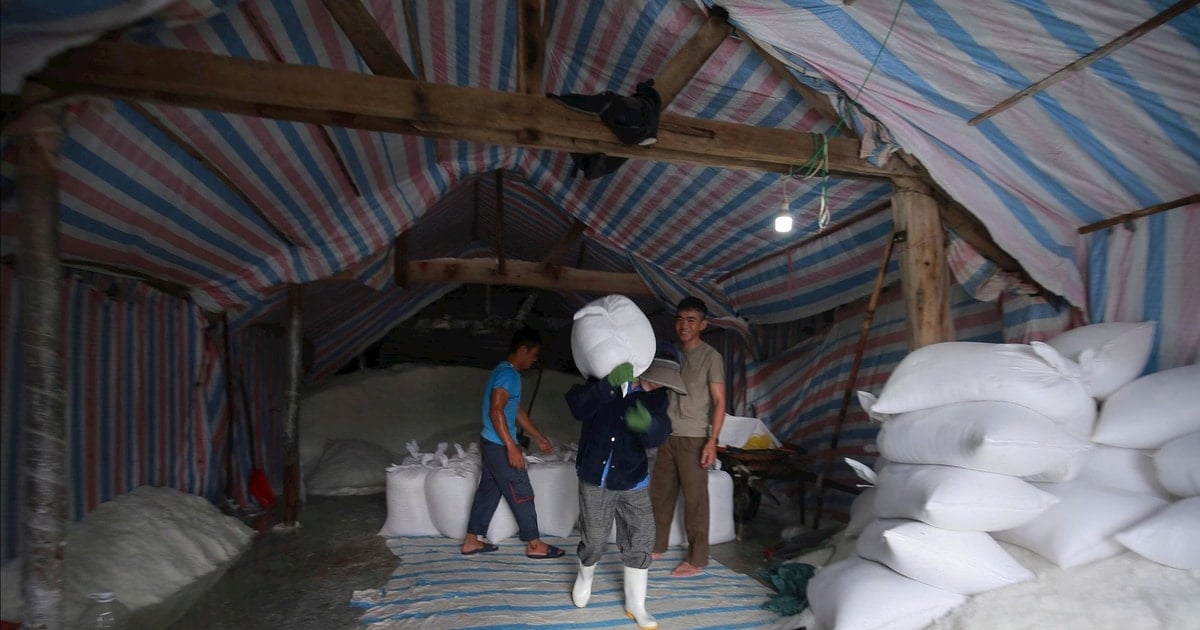

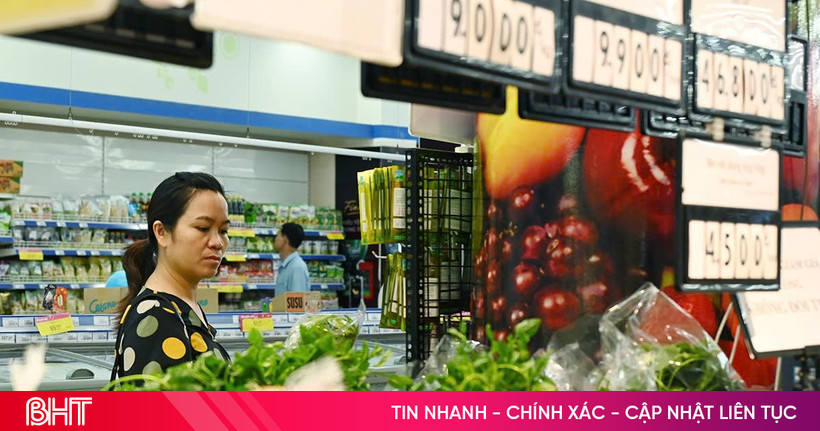

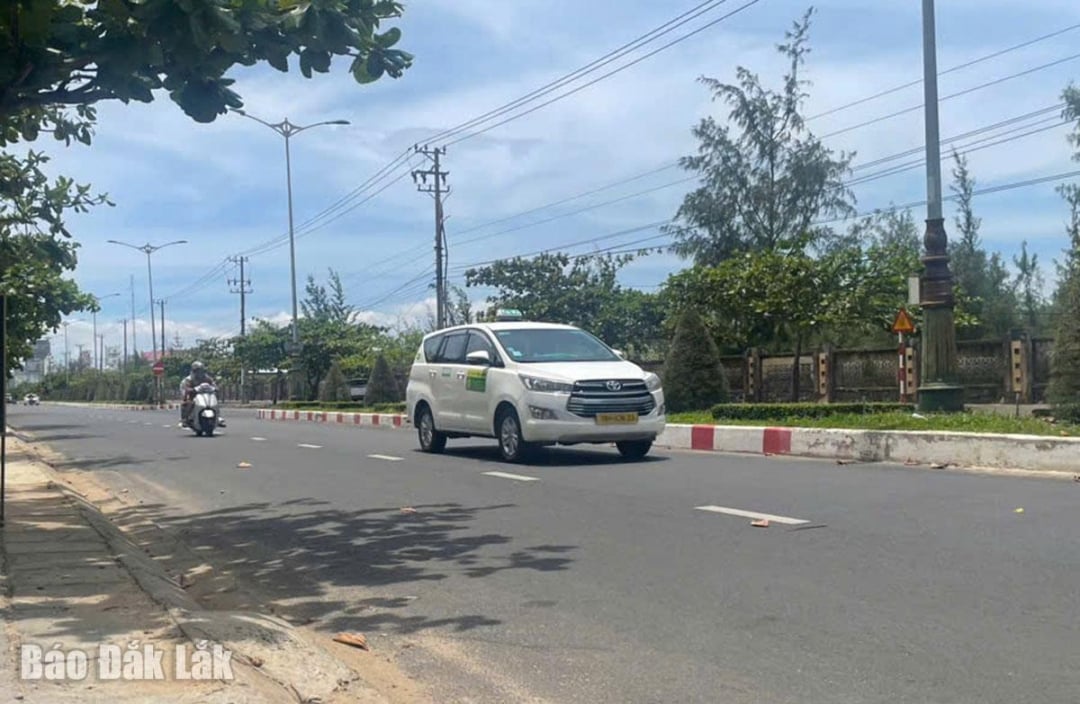

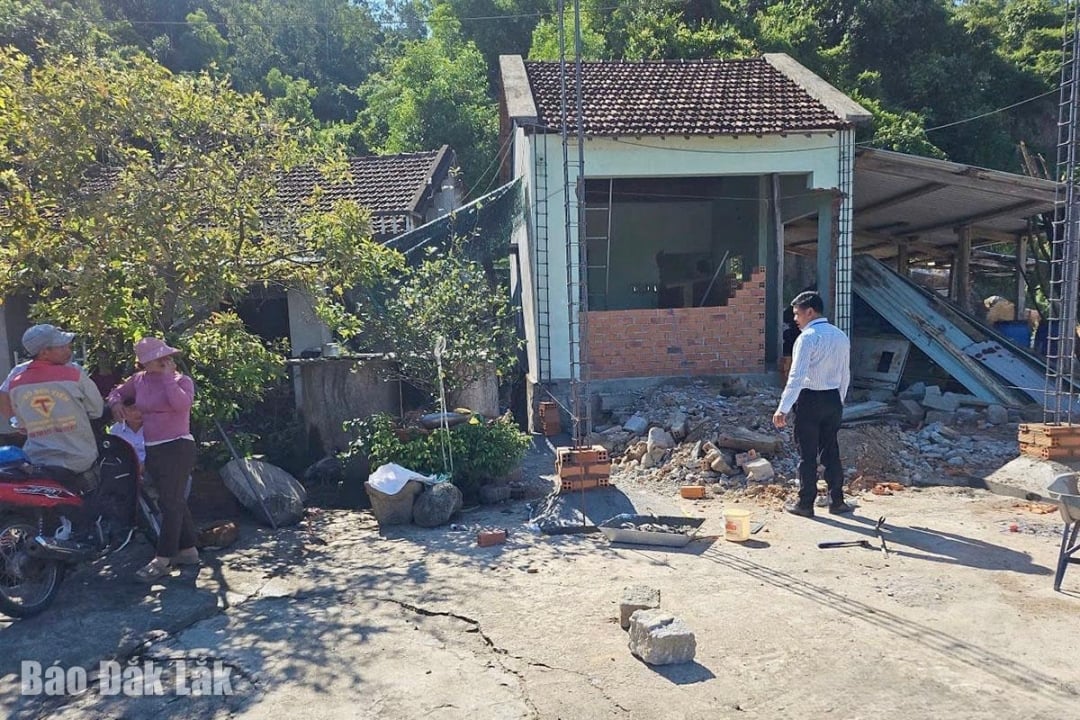
















Comment (0)